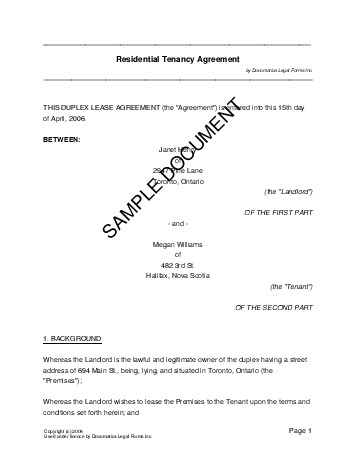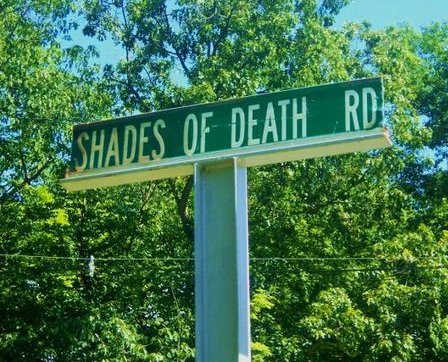
Hi Everyone,
Disaster can be averted if you know how to read a credit report. A credit report, also commonly referred to as a credit bureau, or credit check is a report a landlord can look at that details the credit history of a potential tenant.
If there is only one thing you take from this article, it should be this:
- ALWAYS run a credit report on a prospective tenant.
Banks lend money to creditworthy individuals. Banks are not in the business of losing money, nor should you be. As such, you should only rent your property to creditworthy tenants.
When it comes to reading credit reports, there are 3 important areas for you to pay attention to:
- Is the Tenant Behind with Payments
On all credit checks, you are able to determine if an individual is late on any payments. All of the credit facilities that the tenant has will be listed on the credit check report. You must look at individually all of the credit facilities and check to see if the payments are being made on time or not. If the payments are not being made on time, this is an area of concern. You need to get clarification from the prospective tenant as to why the are behind with their payments.
- What percentage of their credit facilities is the prospective tenant using
On most credit reports, it will show the total amount of dollars that the individual has available in credit. For each credit facility, this will be broken down individually. For instance, if an individual has a credit card for $5,000 with Bank ABC, the credit report will have details similar to this:
Bank ABC
Credit Card Limit – $5,000
Balance – $4,000
Monthly Payment – $25
For instance, in the example above, this prospective tenant has a $4000 balance on their credit card which has a limit of $5000. If this was the only credit facility that the prospective tenant had, their total utilization of this credit card (credit facility) would be….
$4000/$5000 (Four thousand dollars divided by five thousand dollars)
This of course equals… 80%
As a general rule of thumb, people with low credit utilization (low percentages) are managing their credit well. On the flip side, people with higher credit utilization percentages are not managing their credit well, and are at risk of default. This is not always the case, however, when you are looking at leasing your rental property to a prospective tenant, this is something that you better be paying attention to.
- Are there any collections items?
Delayed payments on a credit bureau can be explained. For one reason or another, people miss payments on their credit cards or loans. If it is an honest mistake, and you get a good explanation from your prospective tenant as to why it occurred, it can be forgiven. However, collection items on a credit bureau is a whole different ball game…
When a collections item appears a on a credit bureau, this means that a tenant once had a credit facility, and essentially stopped making payments altogether. Since payment on the credit facility stopped altogether, the company to which the credit facility belonged to, reported the individual and the unpaid credit facility to a collections company. Now a collections company is contacting the individual in order to obtain payment on the outstanding amount owed.
Credit checks are a crucially important part of the real estate investing business. If you are aspiring to buy your first rental property, you need to become familiar with reading credit checks. This is something that cannot be taken lightly. Many experienced real estate investors have paid severely financially by not exercising complete due diligence when investigating a prospective tenant’s credit history…..I unfortunately know this first hand through my own experience.
Don’t be a Dummy like me! Get familiar with credit checks! Learn how to read them! Know that they mean!
Until next time…
Neil.
ps: Sign up to the First Rental Property Newsletter. You will learn from experienced real estate investors how to buy your first rental property!



